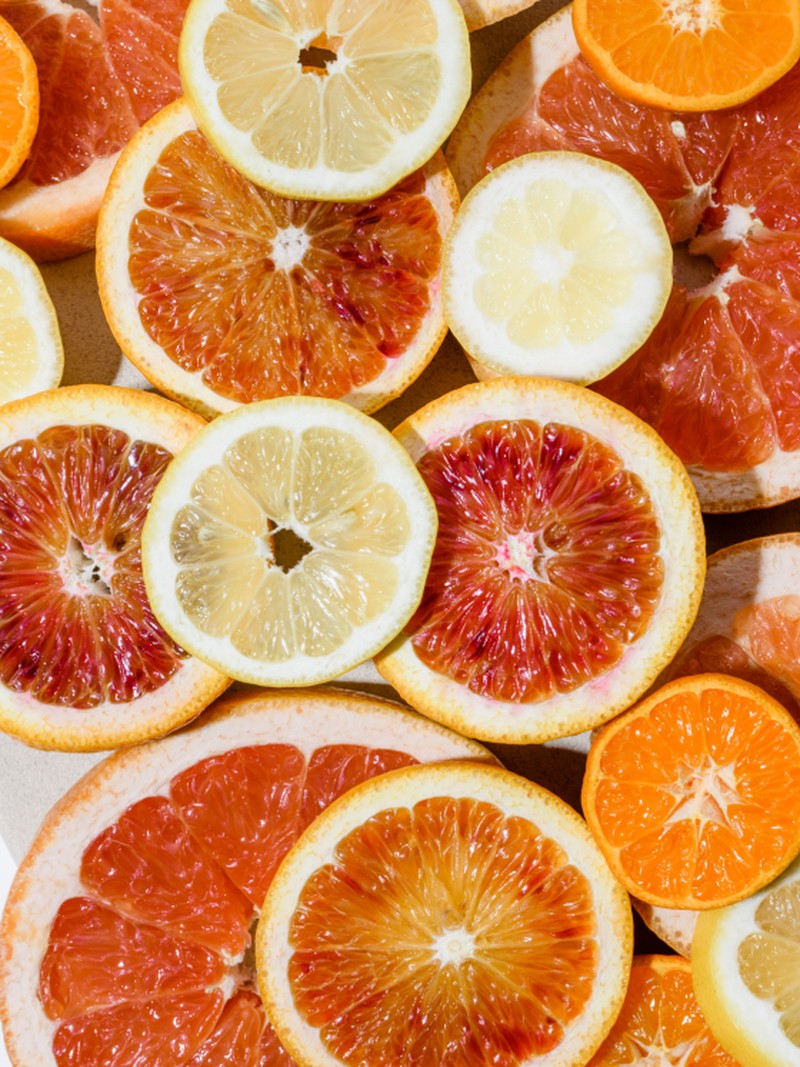How To Look After Your Immune System In Summer
Get On Top Of Hay Fever
“Summer is a prime time for allergies, which can cause inflammation in the body and put additional strain on the immune system. If you suffer with seasonal allergies, getting on top of them early is crucial. Antihistamine treatments must be started before the pollen season to be most effective, and avoid first-generation antihistamines, which can make you drowsy. If antihistamines aren’t providing relief, talk to your pharmacist about alternatives, and try using a nasal saline rinse or an air purifier at home. Getting enough sleep is also crucial – this can maintain circadian alignment, which is important as histamine release has a circadian pattern.” – Dr Jenna Macciochi, immunologist & head of innovation at Ancient & Brave
Spend Up To 30 Minutes Outside Without SPF
“The UV light from sun exposure is imperative for vitamin D production, which studies show is an essential vitamin for proper immune function. We only need ten to 30 minutes of exposure (depending on the pigmentation of your skin) to produce enough vitamin D – this should be done prior to applying sunscreen. For longer periods in the sun, always wear SPF. The sun also includes red and infrared light which can penetrate a few inches into our body and has some unique and important health benefits, including supporting our own antioxidants and cellular energy. Getting outdoors in nature and spending time with friends have also been shown to have immune-nourishing benefits.” – Jenna
Eat Seasonally
“Eating seasonal produce is one of the most powerful things you can do for your immune system. Eat plenty of berries, which are not only rich in antioxidants but also vitamin C to support the immune system. Peppers – whatever colour – are another great source of vitamin C, while spinach is rich in vitamins A and C as well as iron and other nutrients for optimal immunity. Cook with garlic, known for its antibacterial and antiviral properties, and eat two portions of oily fish per week to reduce inflammation.” – Andy Daly, nutritional therapist at Dr David Jack
Drink Plenty Of Water
“Hydration plays several important roles in the immune system, including helping to maintain the mucus barriers of the body, such as the lungs and gut, which are the main entry points for germs. When the mucous membrane is hydrated, it can effectively trap bacteria, viruses, and other harmful pathogens, prevent them from entering the body. When the body is dehydrated, the kidneys and liver must work harder to remove waste products. Hydration also helps maintain the lymphatic system. The lymphatic system is a network of vessels and tissues that help remove waste, and transport immune cells around the body, allowing them to perform their surveillance function and fight infections. Add electrolytes to your water and listen to your body – thirst is a sign you are already dehydrated.” – Jenna
Look After Your Gut
“Up to 70% of your immune system is found in your gut. If you’re heading abroad, adopt a few gut-friendly habits to ensure you stay well. A great rule of thumb is the three Ps: probiotics, prebiotics and polyphenols. Eat fermented food little and often; a wide variety of plant foods; colourful fruit and vegetables; and olive oil. Try to avoid too much alcohol, especially wine, which contains sulphites that can upset our good gut bugs. Overnight fasting can also keep your gut health on track when you travel. If you’re eating later in the evening, have your breakfast later. Leaving at least 12 hours of fasting overnight will keep your gut happy.” – Dr Lucy Williamson, registered nutritionist
Stress Less
“Are you the type of person who always seems to fall ill on holiday? In medical circles, this is known as leisure sickness – when you go on holiday, you start to relax then promptly become unwell. What’s usually going on is that you are a bit run down and have already contracted an infection, but your body is producing high levels of the stress hormone, cortisol, which suppresses the immune system. Once you finally relax on holiday, the immune system fires up and starts fighting the infection causing the symptoms. Managing stress in the run-up to your trip can help avoid this.” – Jenna
Take A Supplement
“Vitamin C is a potent antioxidant that protects cells from damage. It also promotes the production of white blood cells, which are important for fighting off infections. If you are feeling run down, a quality vitamin C supplement is a good place to start, especially when taken with zinc, which has been shown to reduce the duration and severity of colds. If you suffer with allergies, consider quercetin, which has anti-inflammatory and antioxidant properties. It has also been shown to help reduce the risk of respiratory infections. An elderberry supplement can also reduce the severity of cold symptoms, while a quality omega-3 supplement may help to reduce inflammation in the airways.” – Andy
Practise Grounding
“Grounding – or earthing – involves walking barefoot on grass, sand or soil. The theory behind grounding is that direct contact with the Earth’s surface allows the body to absorb negatively charged electrons, which can help to reduce inflammation and improve immune function. Swimming has similar benefits. Swimming in natural bodies of water, such as lakes or oceans, can expose the body to beneficial microbes that can help support immunity.” – Andy
Get Moving
“A study published in the British Journal of Sports Medicine, which tracked 1,000 adults during flu season, revealed that people who walked 30-45 minutes daily had 43% fewer days off work due to illness. Don’t underestimate the role of staying active when it comes to immunity, but don’t overdo it either. Exercise is also an effective way to deal with stress, and we know that the more stressed and toxic you are, the harder your immune system must work. Adaptogenic herbs like shatavari root, ashwagandha and schisandra berry can soothe frazzled nerves and help you recharge.” – Susie Perry, food scientist & nutritional therapist at Life Armour
Be Prepared
“If you’re heading abroad, plan for every eventuality. If you are seated close to an infected plane passenger, you have an 80% chance of catching a bug yourself. Pack some essentials to support your immune system while on holiday: probiotics specifically for travellers’ tummy such as saccharomyces boulardii, which is a type of yeast known to be beneficial for the gut, and the ‘good’ bacteria lactobacillus rhamnosus GG; hand sanitiser in case you cannot easily wash your hands; a multivitamin in case you are not able to eat your usual diet; and rehydration electrolytes in case of an upset stomach.” – Jenna
For more information & advice, visit LWNutrition.co.uk, LifeArmour.co.uk, DrDavidJack.com, AncientAndBrave.Earth & DrJennaMacciochi.com.
SHOP OUR TOP PICKS
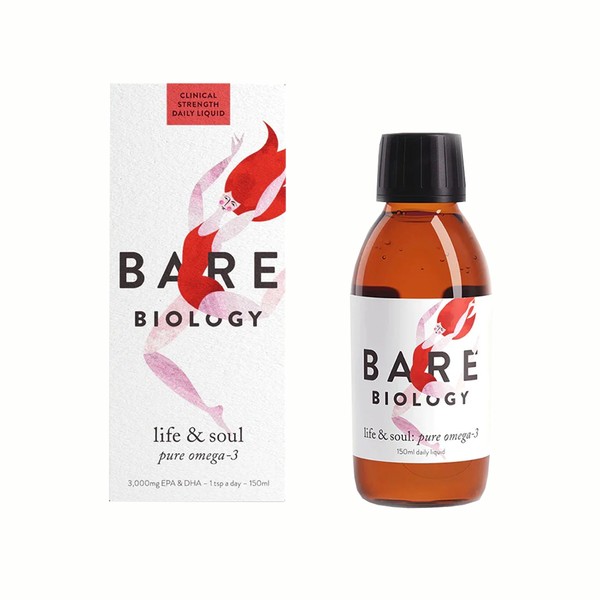
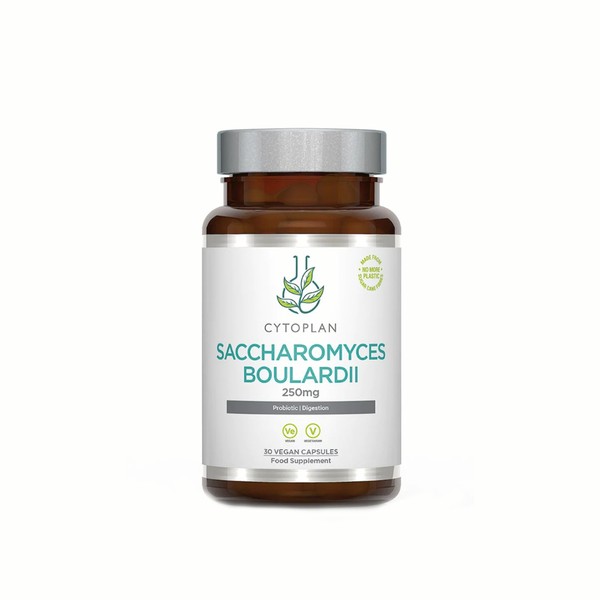
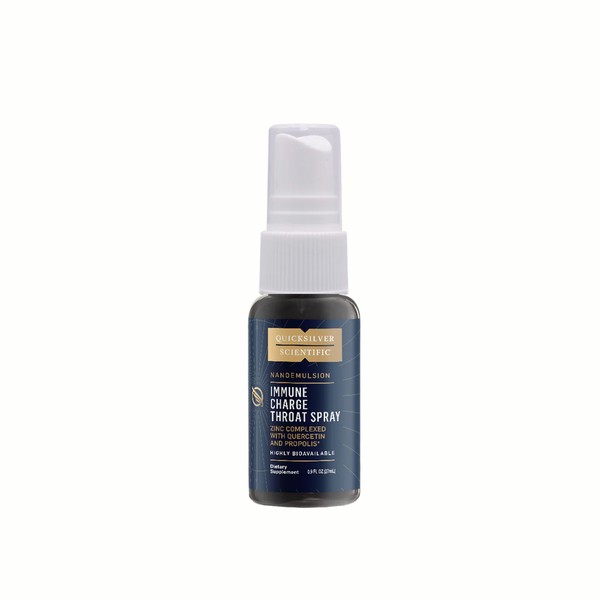
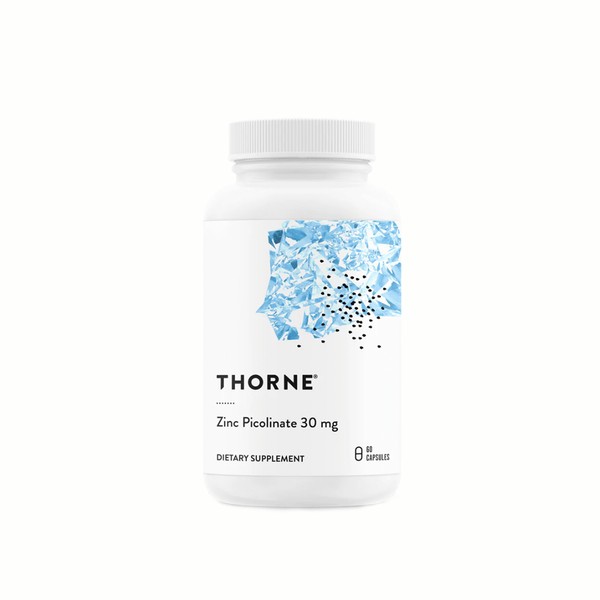
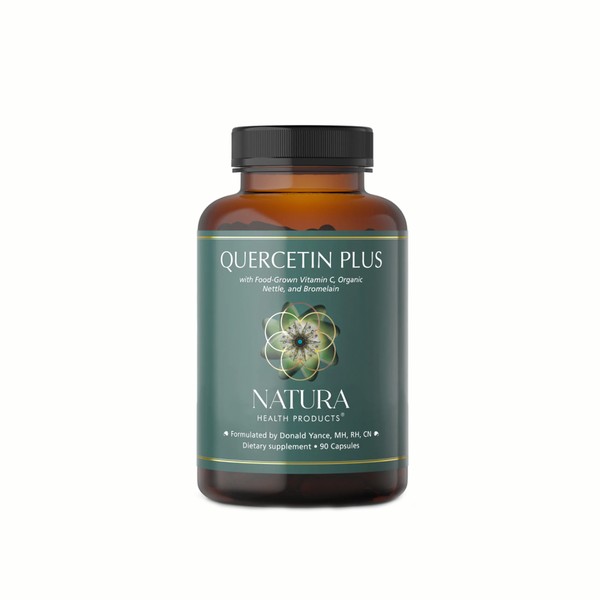
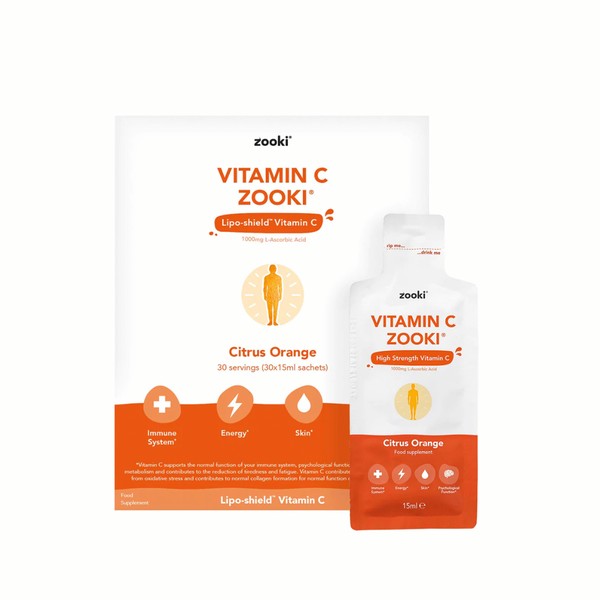
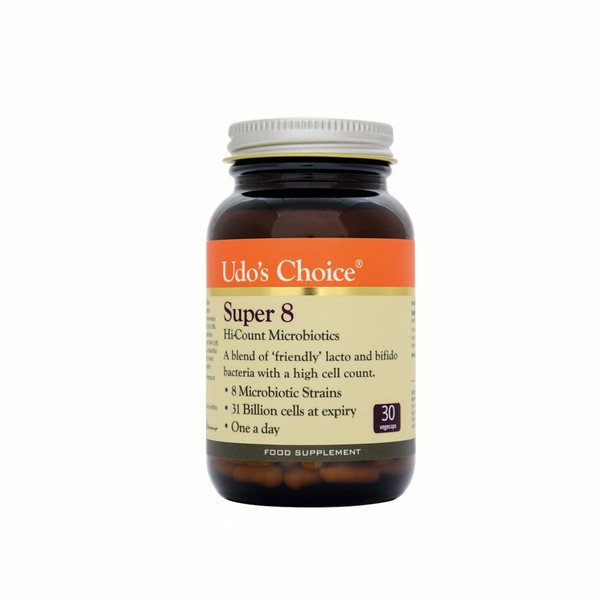
Udo's Choice,
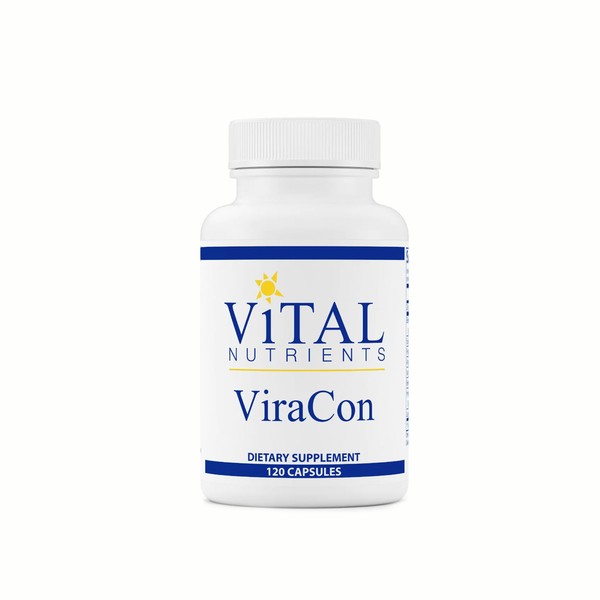
DISCLAIMER: Features published by SheerLuxe are not intended to treat, diagnose, cure or prevent any disease. Always seek the advice of your GP or another qualified healthcare provider for any questions you have regarding a medical condition, and before undertaking any diet, exercise or other health-related programme.
DISCLAIMER: We endeavour to always credit the correct original source of every image we use. If you think a credit may be incorrect, please contact us at info@sheerluxe.com.
